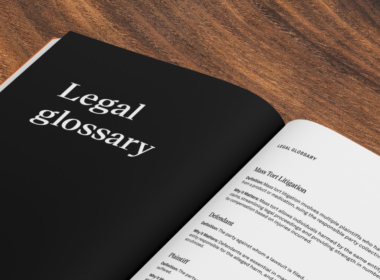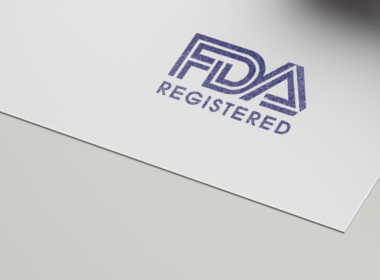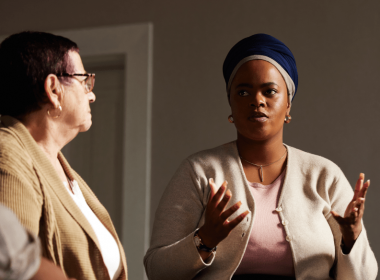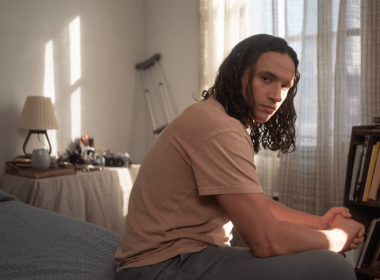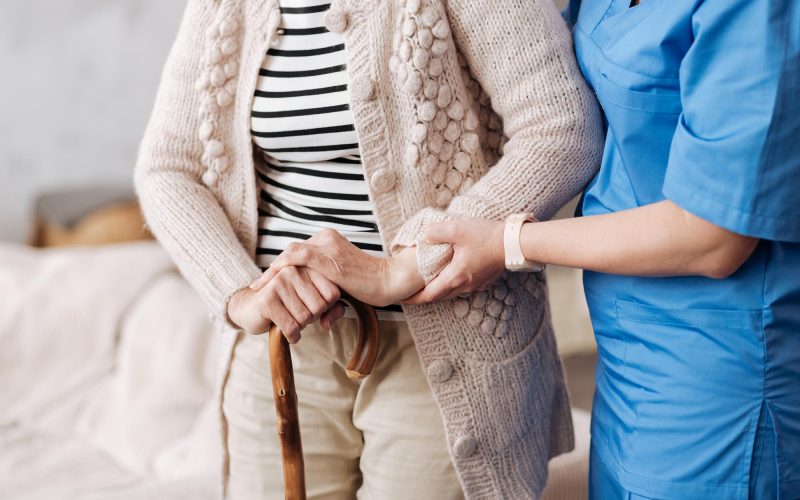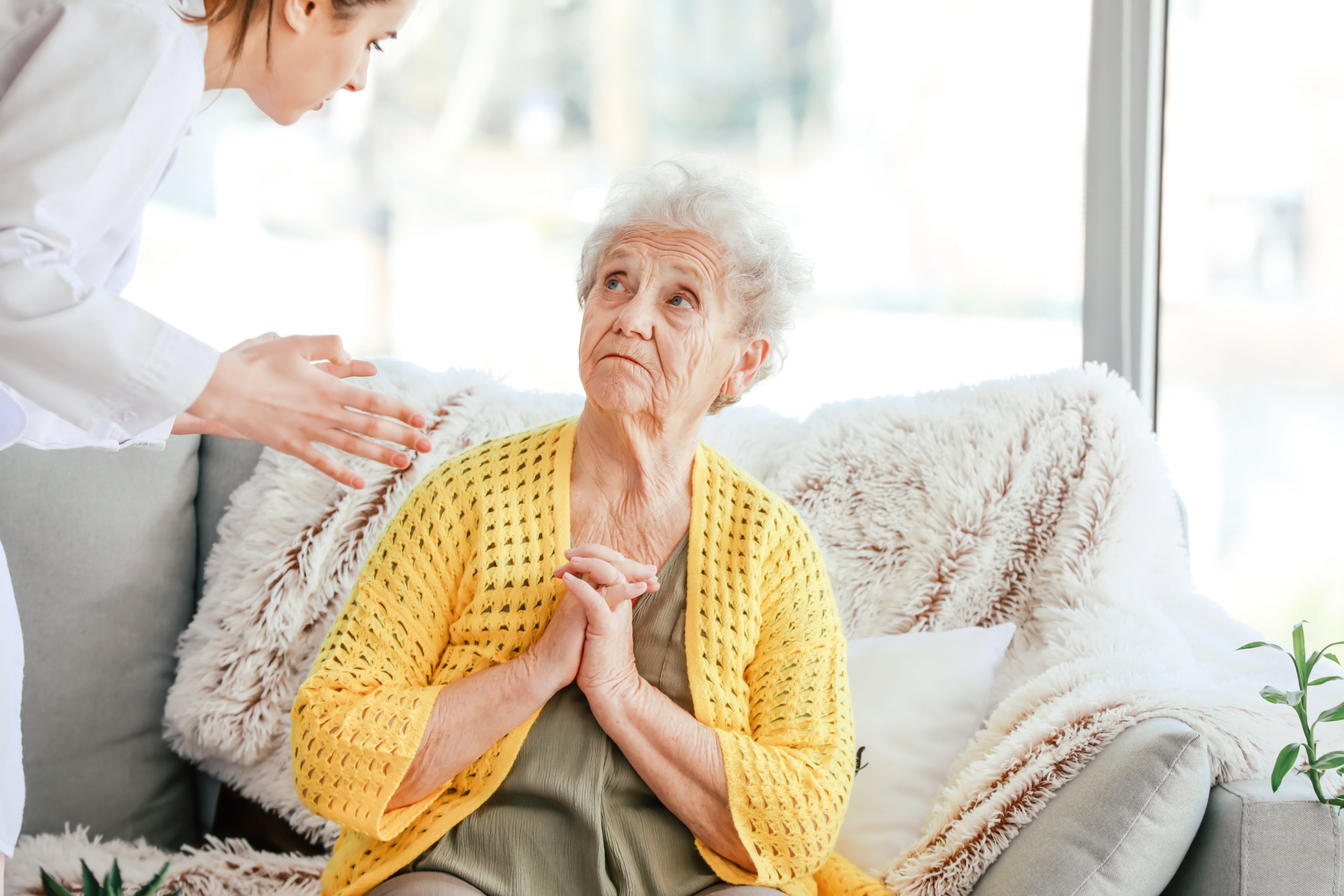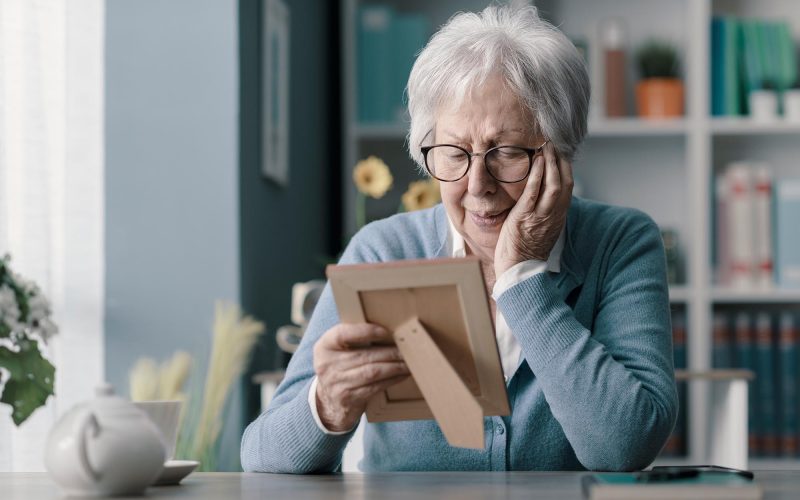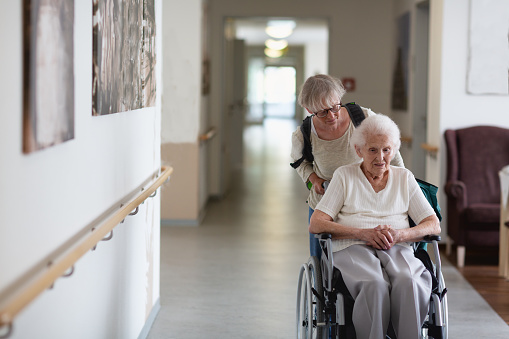According to AHRQ, about 50% of residents in nursing homes fall, with the CDC reporting that accidental falls in nursing homes are the leading cause of elderly deaths in the United States( over 34,0000 deaths in 2019).
The elderly are more susceptible because most are weak, have mobility problems, and suffer from muscle weakness and chronic diseases. Negligence on the part of the nursing home staff during patient mobilization is another reason why residents fall.
Falls have debilitating effects such as fractures, serious injuries, and even death. Surviving victims often have a diminished quality of life. Thus, preventing falls in nursing homes is essential.
Fall Injuries Due to Nursing Home Abuse
Physical abuse, such as kicking, hitting, or pushing at nursing homes, may lead to life-threatening falls. The same happens when weak residents and those with mobility problems are left unattended for prolonged periods.
These unfortunate scenarios that result from negligence can lead to broken bones and fractures. The situation is further exacerbated when the staff does not know what to do when a resident falls in a nursing home. By not seeking immediate medical attention, residents might develop chronic conditions and experience permanent disability, decreasing their quality of life.
Are Nursing Homes Liable for Falls?
Nursing homes can be liable for falls resulting from a medical professional’s negligence. The same is true if it is proven that the nursing home failed to put in place measures that protected the vulnerable from falls.
In such scenarios, the victim’s family can leverage the Nursing home falls protocol to claim damages.
Frequency of Nursing Home falls Due to Neglect
Unfortunately, nursing home falls are not uncommon. 75% of patients fall in nursing homes yearly due to inadequate staffing, poor training, and bad hiring practices.
Apart from neglect, environmental dangers, such as equipment in the halls, are responsible for 16 to 27 percent of falls, as reported by nursing home falls statistics. Caregivers must be keen on implementing fall prevention strategies to keep these numbers significantly lower.
Causes of Elderly Fall in Nursing Homes?
The most common causes of falls in a nursing home include:
- Aging: Regular body changes due to old age, such as poor eyesight or hearing, can result in resident falls in nursing homes.
- Poor diet choice: Unhealthy food choices and reduced fluid intake can lead to dehydration, muscle spasm, and weakness, which predisposes elderly ones to accidental falls.
- Health conditions: Medical diseases like Parkinson’s disease and heart-related conditions can affect the gait of the elderly.
- Lack of supervision: The nursing staff has responsibilities, including monitoring or supervising patients who might get hurt. Some residents in nursing homes have medical conditions such as mobility problems and need assistance walking through a room or bathroom or even getting out of a wheelchair. Whenever a resident’s physician is not adequately trained to support a resident, they may lose balance and fall.
So, it’s vital that nursing home employees strictly adhere to guidelines for adequate supervision to reduce the likelihood of residents falling or otherwise being harmed.
- Medication errors: reports on assisted living facilities show that 24% of falls in nursing facilities are due to medication errors. While medication is meant to manage symptoms and treat health problems, many drugs can have adverse side effects. Consuming the wrong medicine can have dangerous effects on the body, sometimes causing lightheadedness, drowsiness, and seizures that make a patient lose balance or fall.
Find out more about the best way to get the maximum compensation for medication errors.
- Exposed electrical cords: TV, coffee, refrigerator, and other electrical cords that run across floors can cause slips and falls. As such, nursing facilities should ‘babyproof’ their facilities and hide any exposed codes to ensure patients with mobility or vision problems do not fall.
- Misdiagnosis: With misdiagnosis, symptoms are likely to go unnoticed. So, when a resident suffers from a disease that causes muscle weakness and stiffness and goes undiagnosed, their risk of falling significantly increases.
- The nursing home is responsible for ensuring the security of walking and standing areas. Some nursing homes don’t have handrails, meaning sick residents will lack support. Routine maintenance: balustrades are in proper condition. The railing should be designed so the user can find support if they lose balance.
- Inadequate lighting: Proper lighting is vital in nursing homes since many residents may have vision difficulties that increase their chances of falling. If residents cannot see well, they become susceptible to severe falls – unfortunate incidents that can easily be avoided if they provided sufficient light, especially in places with a greater risk of falls, like stairs or common areas.
Statute of Limitation for Nursing Home Falls & Fractures
The most prevalent nursing home abuse claim is negligence, which has a three-year statute of limitations (with limited exceptions). You must begin legal action within three years of the date you first discovered your injury. Depending on the facts of the case, the court may extend a time restriction.
The Rights of Nursing Home Residents
The Nursing Home Reform Law (NHRA) of 1987 states that: certified nursing homes must meet specific requirements, and residents are guaranteed certain protections under the law. Furthermore, compliance with NHRA standards is monitored through regular inspections.
The guidelines for the nursing home include:
- Providing adequate Dietary and nutritional service
- Providing satisfactory rehabilitation services for injured residents
- Providing proper social support
- Providing updated pharmaceutical service with the correct dosage and form
- Uninterrupted periodic patient assessment
- Personalized plan for each patient based on individual needs
- Full-time staff that match the bed space, patients, and conditions of the nursing home
Failure to comply with these guidelines is punishable by the law.
10 Basic Rights of Nursing Home Residents
The stipulated rights for all nursing home residents include:
- Right to be treated fairly with respect and dignity
- Right to a safe living environment
- Freedom of choice for exciting activities
- Freedom to refuse treatment and medication
- Right to full disclosure of medical condition and risk before decision making
- Right to choose healthcare professional
- Privacy right
- Right to owe property and personal belongings
- Right to choose a financial advisor or manage their finances
- Freedom from abuse, negligence, assault, and mistreatment
You might have a legal case if you or your loved ones are deprived of these rights.
Risk of Fall-Related Injuries in Elderly and Complications
Falls are hazardous and should not be underestimated. They can cause severe bodily harm, be deadly to elderly individuals and dramatically change their lives.
Statistics show that 5% of falls lead to severe head injuries. Fractures are expected in 10 to 15% of falls, with wrist, arm, ankle, and hip fractures being the most common. Also, falls can be attributed to the highest mortality rate of seniors aged 65+.
The possible outcomes of a fall can be fatal, especially if the affected individual is on medication such as warfarin, known for its blood thinning capabilities.
Fall Prevention in Nursing Homes
Licensed nurse workers must be trained to recognize such risks and implement safe fall protection strategies. The 4 P’s fall protection strategy for nursing home staff and caregivers includes:
- Pain: Nursing home staff should constantly assess the pain level of their residents and ask questions like: Are you in pain? Are you experiencing any discomfort? The staff should then report immediately, especially in severe cases.
- Placement: Nursing home staff should ensure that all needed items and medications are within the patient’s reach to avoid falling. They can ask the residents: Do you prefer I place this somewhere closer or within reach? Do you need anything like phones placed closer to your bed?
- Position: Nursing home staff should ensure that the patients are comfortable and their assisted devices are in their proper positions. They can ask the patients if they want items to be placed in another position.
- Personal needs: Patients should have all their physical and emotional needs met in a nursing home. Caregivers should offer help using the toilet and always ask if there is anything else they can help with before leaving the room.
Caregivers and nursing home staff can reduce the incidence of elderly falls if they implement the fall protection strategy.
Tips to Stop Falling as a Nursing Home Resident
If you or a loved one routinely experience the anguish and frustration of falls at a nursing home, follow the tips below to prevent falling :
- Use assisted devices correctly and when needed
- Stand slowly from the bed ( preferable, sit for some seconds with feet placed on the ground before standing)
- Reduce alcohol intake
- Get enough sleep
- Stay physically active
- Stop self-prescribed drugs and ask for permission from your health care professional before starting any medication. The medical professional can tell you about drug interactions and their side effects.
- Treat any visual or hearing-related medical condition or symptoms
These tips can help you stop or prevent the never-ending cycle of frequent falls in the nursing home.
Should the Elderly Go to Hospital after Fall?
Unfortunately, many falls will go unreported, and the resident might self-medicate. However, after experiencing a fall, it is crucial to get checked out by a doctor. Delayed treatment can lead to poor gait or worse medical conditions.
Is Lowering a Resident to the Floor Considered a Fall?
A resident losing his balance without the assistance of the staff is also classified as falling. Lowering a residence or other related activities can be considered nursing home abuse if the staff’s error or negligence hurts the victim.
JustPoint is here to assist you in getting justice if you believe that your injury or fall directly resulted from medical malpractice or neglect. We can connect you to a lawyer specializing in nursing home abuse to check if medical negligence played a role in your fall and injury.
Contact us today.


